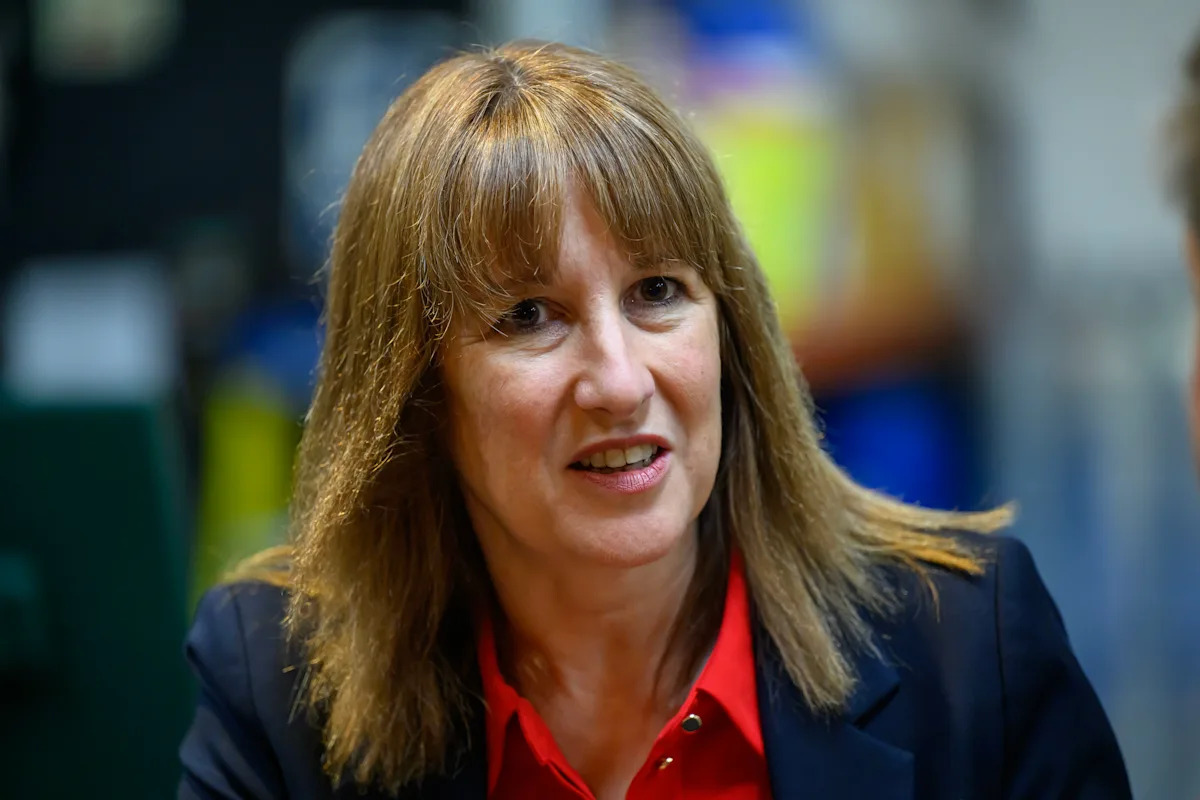Millions of benefit claimants across the UK will see a welcome boost to their benefit payments from April 2026.
People claiming universal credit, personal independence payment, carer’s allowance, and the state pension will be in line for an increase in the next financial year to keep up with rising costs.
Next year’s payment increase will be the first of a four-year payment boost for claimants, who experts have warned are falling behind because of the prolonged cost-of-living crisis.
The confirmation comes as September’s inflation figure was released on Wednesday, the rate typically used to set any payment increases in the next financial year.
Yahoo News explains what you need to know about benefit payment increases for the year ahead.
What’s changed this year?
In recent years, the government has increased benefit payments in line with September’s inflation rate.
But last year, the government came under significant criticism for continuing to tie universal credit payments to inflation, which was just 1.7% in September 2024 – the lowest it had been in three years.
Critics argued that the uprate didn’t come close to supporting lower-income families still struggling to cope.
In March, the government announced new proposals – which became law earlier this month under the Universal Credit Act – that it was changing how it would decide any increase in the universal credit standard allowance.
The new rules mean that – for the next four years – universal credit payments will increase by the rate of inflation as before, but with an additional top-up cash payment.
It’s worth noting that the other benefits – aside from the state pension – will still increase solely with inflation.
The state pension will benefit from the triple lock guarantee, with payments rising by 4.8%.
How much will my benefit payments be next year?Universal credit
In April 2026, all universal claimants will see their payments rise by a combined total of 6.2%, reflecting September’s 3.8% inflation rate, plus the standard allowance increase of 2.3%.
For a single person aged 25 or over, the weekly standard allowance will rise from £92 to £98, a £6 increase per week.
For a couple where one or both are aged 25 or over, the weekly allowance will rise from £145 to £154, a £9 increase.
This increase, however, is only for the standard allowance — the basic universal credit payment rate — with the health element of the payment affected by cuts.
As of next April, any claimants of the health element from this date will have that rate frozen and halved until 2029-30.
PIP
Unlike universal credit, PIP will be increased solely in line with inflation.
Both the daily living and mobility standard and enhanced rates will rise by 3.8% in line with inflation as of April.
Carer’s allowance
Carer’s allowance — paid to individuals caring for someone at least 35 hours per week who receives certain disability-related benefits — will also increase in line with inflation.
The rate will increase from £81.90 to £83.30.
State pension
Unlike any other benefit, the state pension is guaranteed by the triple lock — which rises in line with whatever is the highest figure out of inflation, the previous summer’s average earnings growth, or a baseline figure of 2.5%.
Next year, the state pension will rise by 4.8% in line with the average earnings growth, boosting payments by around £500 a year.

